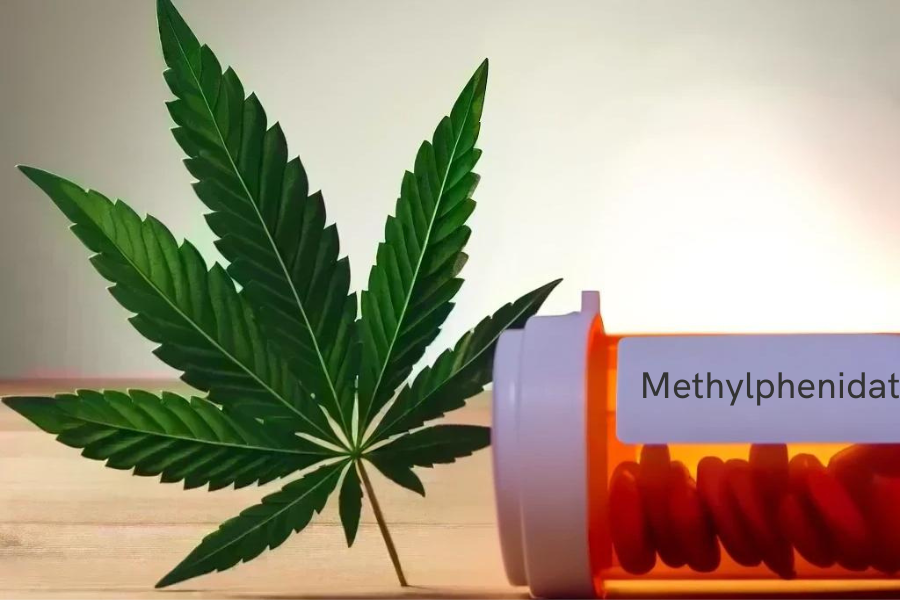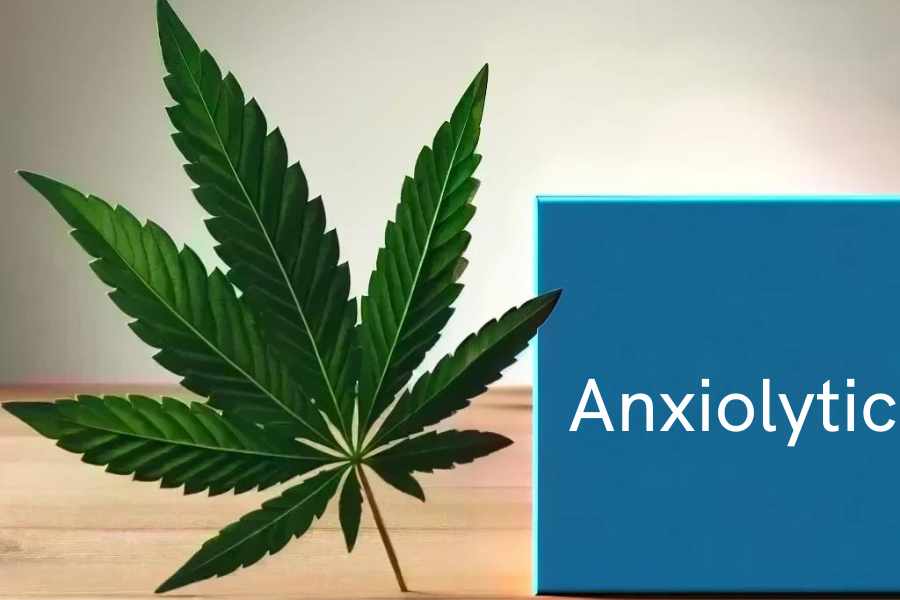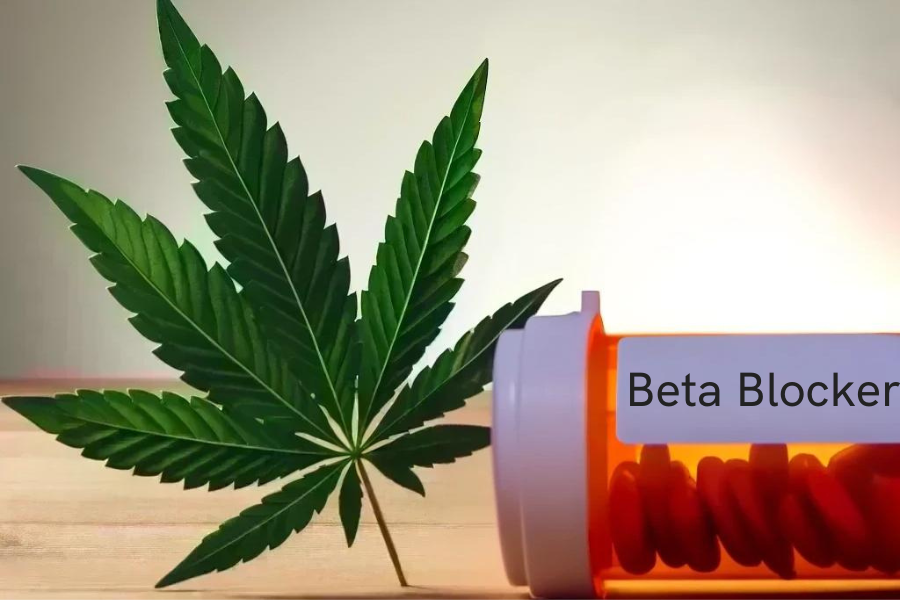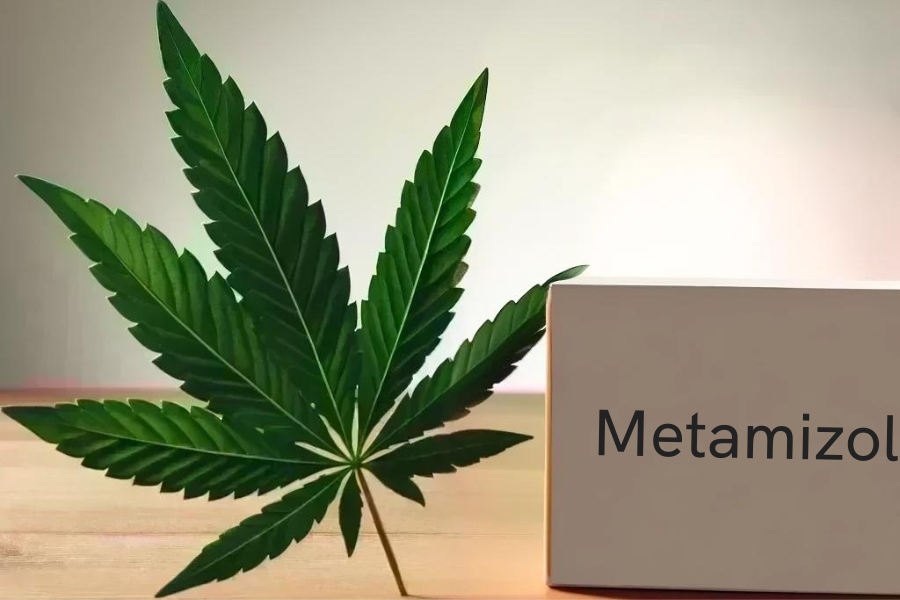Understanding the potential interactions between cannabis and various pharmacological drugs is paramount. This article focuses specifically on the interplay between cannabis and methylphenidate – a medication commonly prescribed to manage attention-deficit/hyperactivity disorder (ADHD). It is crucial to note that this information is intended to increase awareness and knowledge, and one should always consult a healthcare provider for personalized medical advice.
Overview of Cannabis
Cannabis, also known as Marijuana, contains several active components known as cannabinoids. The two most well-known cannabinoids are delta-9-tetrahydrocannabinol (THC) and cannabidiol (CBD). THC produces the ‘high’ associated with recreational use, whereas CBD has non-psychoactive effects. Medically, cannabis is often used to help manage pain, nausea and vomiting, and has shown potential for treating a variety of other health conditions.
Overview of Methylphenidate
Methylphenidate, marketed under various brand names such as Ritalin, Concerta, and Medikinet, is a central nervous system stimulant. It operates primarily by increasing the levels of certain chemicals in the brain that aid in cognition and focus. It is often prescribed for ADHD and narcolepsy.
Potential Interactions
The interaction of cannabis with methylphenidate is complex and not yet fully understood. THC and CBD may influence the metabolic pathways of methylphenidate, potentially altering its effectiveness.
Some anecdotal evidence suggests that cannabis might help to counteract certain side-effects of methylphenidate such as loss of appetite and insomnia. Yet, these reports should be treated with caution until further research is conducted. It’s essential to note that combining drugs can carry unforeseen risks.
Risks and Warnings
Using cannabis with methylphenidate may contribute to heightened cardiovascular risks due to the stimulating effects of both substances. This combination may also exacerbate psychiatric symptoms such as anxiety, paranoia or hallucinations.
The elderly, pregnant women, and individuals with preexisting cardiovascular diseases or mental health disorders may be particularly susceptible to the potential adverse effects of this drug combination.
Recommendations
It is always advisable to discuss any substance use, including cannabis, with your healthcare provider before combining it with methylphenidate or any other medication. Monitoring for changes in cardiovascular and mental health symptoms is crucial when using these substances concurrently. Moreover, it is important to consider dosage adjustments under the direct supervision of a healthcare practitioner.
Conclusion
While some individuals report beneficial effects from using cannabis with methylphenidate, the potential risks and complex interactions underline the importance of informed decision making and open communication with healthcare providers. Remember, what works well for one person might have a different effect on another.
References and Further Reading
- Therapeutic potential of cannabinoids in CNS disease
- Effect of coadministration of cannabinoids and drugs on the production of cytokines
- Cardiovascular toxicity with medicinal cannabis
Additional Resources
- Health Canada’s information on medical use of cannabis
- US FDA’s considerations when prescribing methylphenidate.





